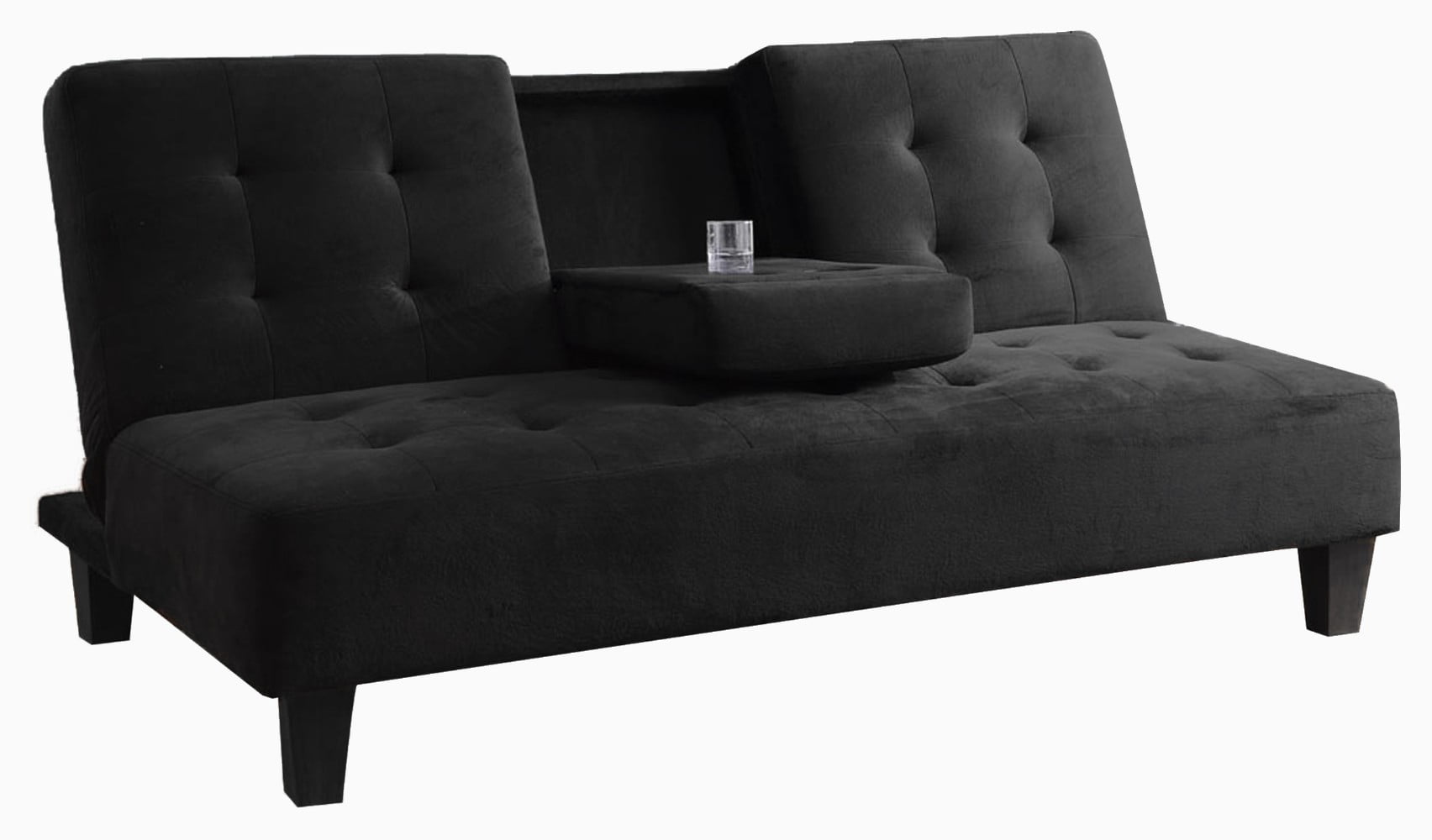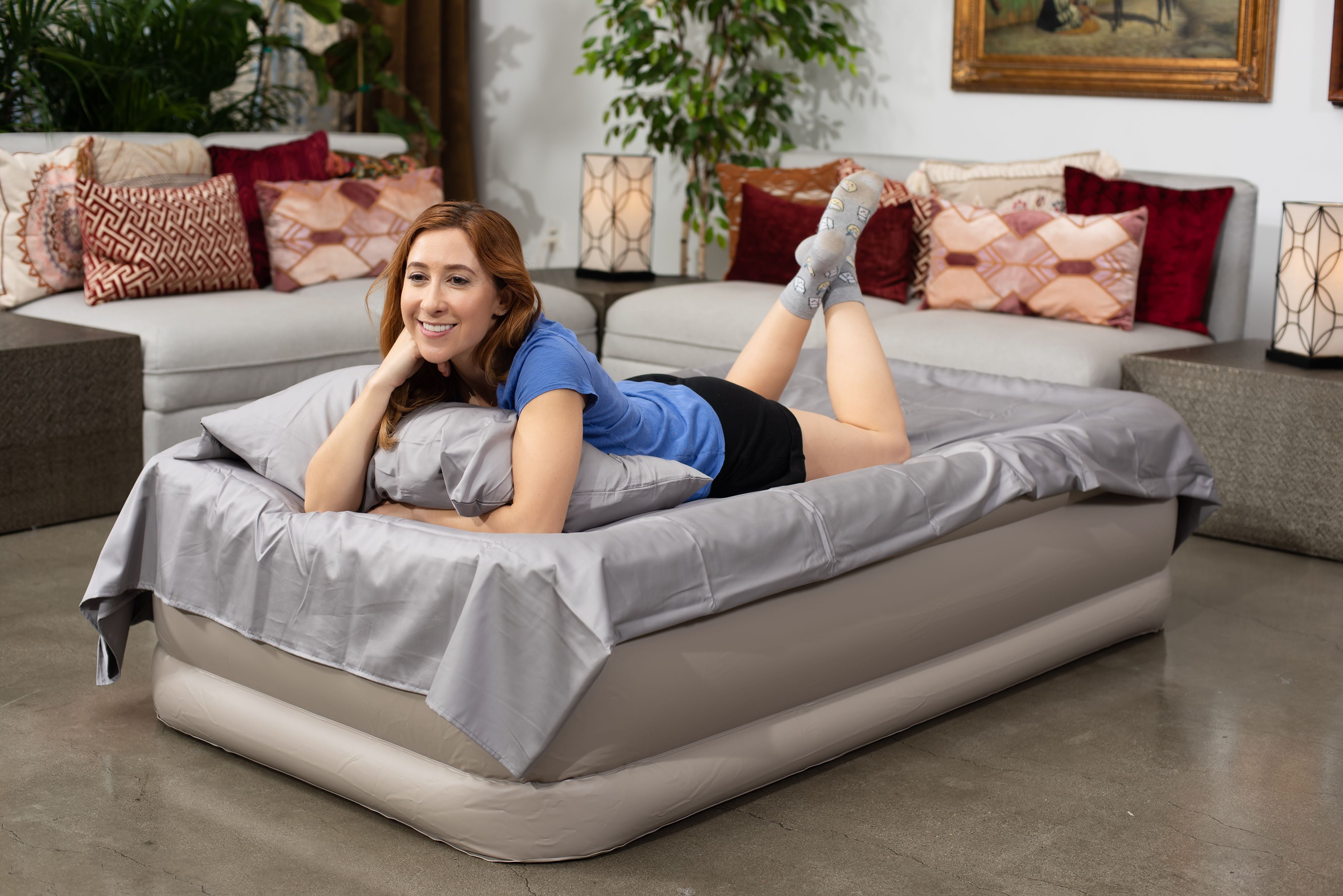One of the most important factors in getting a good night's sleep is having the right balance of firmness in your mattress. If your mattress is too soft or too firm, it can lead to discomfort and disrupt your sleep. Finding the perfect level of firmness for your body can make a significant difference in your sleep quality. When it comes to mattress firmness, everyone has their own preferences. Some may prefer a softer mattress that allows them to sink in and feel more cradled, while others may prefer a firmer mattress that provides more support. However, it's essential to find a balance that works for your body and sleeping style. If your mattress is too soft, it can cause your body to sink in too much, causing your spine to be out of alignment. This can lead to back pain and discomfort, making it challenging to fall and stay asleep. On the other hand, if your mattress is too firm, it can put pressure on your body, leading to discomfort and tossing and turning throughout the night. To find the right balance of mattress firmness for you, consider your body weight, sleeping position, and any specific health concerns. For example, if you have back pain, a medium-firm mattress may provide the right amount of support while still being comfortable to sleep on. It's also essential to test out different levels of firmness and see how your body responds to each one.1. Mattress Firmness and Sleep Quality: Finding the Right Balance
Many people underestimate the impact their mattress can have on their overall sleep quality and health. A poor-quality mattress can lead to a lack of sleep, which can affect your mood, concentration, and even your immune system. It's essential to invest in a good mattress that promotes restful and restorative sleep. When you sleep, your body goes through different stages of sleep, including deep sleep and REM sleep. These stages are crucial for repairing and rejuvenating your body, both physically and mentally. A poor-quality mattress can disrupt these stages, leading to a lack of deep sleep and REM sleep, causing you to feel tired and groggy in the morning. Moreover, a bad mattress can also worsen existing health conditions. If you suffer from back pain, a mattress that doesn't provide enough support can make it worse, leading to discomfort and difficulty sleeping. Similarly, if you have allergies, a mattress with poor air circulation can harbor allergens and irritants, making your symptoms worse. Investing in a high-quality mattress made with hypoallergenic materials and designed to promote healthy sleep can make a significant difference in your overall health and well-being.2. How Your Mattress Affects Your Sleep and Health
If you're experiencing sleep problems, such as difficulty falling or staying asleep, it could be due to your mattress's quality. As mentioned earlier, a poor-quality mattress can disrupt your sleep stages, leading to a lack of restful sleep and a variety of sleep-related issues. One of the most common sleep problems associated with a bad mattress is insomnia. If your mattress is uncomfortable or doesn't provide enough support, it can make it challenging to fall and stay asleep. This can lead to insomnia, which can have a significant impact on your overall well-being. Moreover, a bad mattress can also exacerbate other sleep disorders, such as sleep apnea or restless leg syndrome. For those with sleep apnea, a mattress that doesn't provide enough support can cause discomfort and make it harder to breathe, leading to disrupted sleep. For those with restless leg syndrome, a poor-quality mattress can worsen symptoms and make it challenging to find a comfortable sleeping position. If you're experiencing sleep problems, it's crucial to assess the quality of your mattress and consider investing in a better one to improve your sleep and overall health.3. The Connection Between Mattress Quality and Sleep Problems
As mentioned earlier, a bad mattress can contribute to insomnia. However, there are specific signs to look out for to determine if your mattress is the culprit behind your insomnia. If you're experiencing any of the following, it could be a sign that your mattress is causing your insomnia: - Difficulty finding a comfortable sleeping position - Waking up with aches and pains - Feeling tired and groggy in the morning - Tossing and turning throughout the night If you're experiencing any of these symptoms, it's essential to assess the quality of your mattress and consider upgrading to a better one. A mattress that is too soft, too firm, or worn out can disrupt your sleep and lead to insomnia, affecting your overall health and well-being.4. Is Your Mattress Causing Your Insomnia?
With so many different mattresses on the market, it can be overwhelming to choose the best one for a good night's sleep. However, there are a few key factors to consider to help you make the right choice. First and foremost, consider your sleeping position. If you're a side sleeper, a softer mattress may be more comfortable, while back and stomach sleepers may prefer a firmer mattress for proper support. It's also essential to consider your body weight and any specific health concerns, such as back pain or allergies. Another crucial factor is the type of mattress. Memory foam mattresses are known for providing pressure relief and conforming to the body, while innerspring mattresses offer more bounce and support. Hybrid mattresses combine the best of both worlds, providing pressure relief and support. Ultimately, the best mattress for a good night's sleep is one that meets your individual needs and preferences. Take the time to research and test out different options to find the perfect one for you.5. Choosing the Best Mattress for a Good Night's Sleep
As mentioned earlier, a supportive mattress is crucial for quality sleep. A mattress that provides adequate support can help keep your spine in proper alignment, reduce pressure points, and promote healthy blood circulation. When your body is properly supported, you're less likely to experience discomfort and pain, leading to better sleep quality. Moreover, a supportive mattress can also help prevent or alleviate back pain, which is a common issue that can disrupt sleep. When shopping for a new mattress, make sure to consider the level of support it provides and choose one that best suits your body and sleeping style.6. The Importance of a Supportive Mattress for Quality Sleep
If you're experiencing sleep issues, it's crucial to determine if your mattress is the cause. Besides insomnia, there are other signs to look out for that could indicate your mattress is causing problems with your sleep. If you're waking up with aches and pains, feeling tired and groggy in the morning, or experiencing numbness or tingling in your limbs, it could be a sign that your mattress is not providing enough support or is too old and worn out. It's also essential to consider the age of your mattress, as most mattresses have a lifespan of 7-10 years. If you're experiencing any of these issues, it's crucial to assess the quality of your mattress and consider upgrading to a better one to improve your sleep and overall health.7. How to Tell if Your Mattress is Causing Your Sleep Issues
As mentioned earlier, the age of your mattress is a significant factor to consider when determining if you need to replace it. However, there are other signs to look out for that could indicate it's time for a new mattress. If your mattress is sagging, has visible signs of wear and tear, or is causing discomfort and pain, it's time to replace it. Other signs to look out for include lumps, squeaking, and an overall lack of support. It's also essential to consider your changing needs and preferences. If you've gained or lost weight, changed your sleeping position, or have specific health concerns, your current mattress may no longer be suitable for you. Investing in a new mattress that meets your current needs can make a significant difference in your sleep quality and overall well-being.8. The Top Signs You Need to Replace Your Mattress
When shopping for a new mattress, it's essential to consider the materials it's made of and how they can affect your sleep quality. Memory foam mattresses are known for providing pressure relief and conforming to the body, making them great for those with back pain or joint issues. Innerspring mattresses offer more bounce and support, making them ideal for those who prefer a firmer feel. Hybrid mattresses combine the benefits of both memory foam and innerspring mattresses. It's also essential to consider the type of material used in the comfort layer of the mattress. Latex mattresses are known for being hypoallergenic and breathable, making them an excellent option for those with allergies. Gel-infused memory foam mattresses provide better temperature regulation, making them ideal for hot sleepers. Ultimately, the best mattress material for you will depend on your individual needs and preferences.9. Mattress Materials and Their Impact on Sleep Quality
If you're ready to upgrade your mattress for better sleep quality, here are a few tips to keep in mind: - Take the time to research and test out different mattresses to find the right one for you. Don't be afraid to ask questions and get recommendations from sales associates. - Consider your body weight, sleeping position, and any specific health concerns when choosing a mattress. - Don't be afraid to invest in a high-quality mattress made with hypoallergenic materials and designed to promote healthy sleep. - If you're experiencing sleep problems, assess the quality of your mattress and consider upgrading to a better one. - Remember to replace your mattress every 7-10 years or when it shows visible signs of wear and tear. By following these tips and investing in a good mattress, you can significantly improve your sleep quality and overall well-being.10. Tips for Improving Your Sleep by Upgrading Your Mattress
The Importance of a Good Mattress in Achieving Quality Sleep

The Link Between Mattresses and Quality Sleep
_resources1_16a0854053b_large.jpg) When it comes to creating a comfortable and inviting bedroom, the mattress is often the focal point. After all, it is where we spend a significant portion of our time every day – around 8 hours per night on average. But did you know that the quality of your
mattress
can greatly impact the quality of your
sleep
?
Experts agree that a
good mattress
is crucial in achieving
quality sleep
. This is because a
mattress
that is too firm or too soft can lead to discomfort, body aches, and poor spinal alignment, all of which can disrupt your
sleep
and leave you feeling tired and groggy the next day.
When it comes to creating a comfortable and inviting bedroom, the mattress is often the focal point. After all, it is where we spend a significant portion of our time every day – around 8 hours per night on average. But did you know that the quality of your
mattress
can greatly impact the quality of your
sleep
?
Experts agree that a
good mattress
is crucial in achieving
quality sleep
. This is because a
mattress
that is too firm or too soft can lead to discomfort, body aches, and poor spinal alignment, all of which can disrupt your
sleep
and leave you feeling tired and groggy the next day.
Signs That Your Mattress May Be Affecting Your Sleep
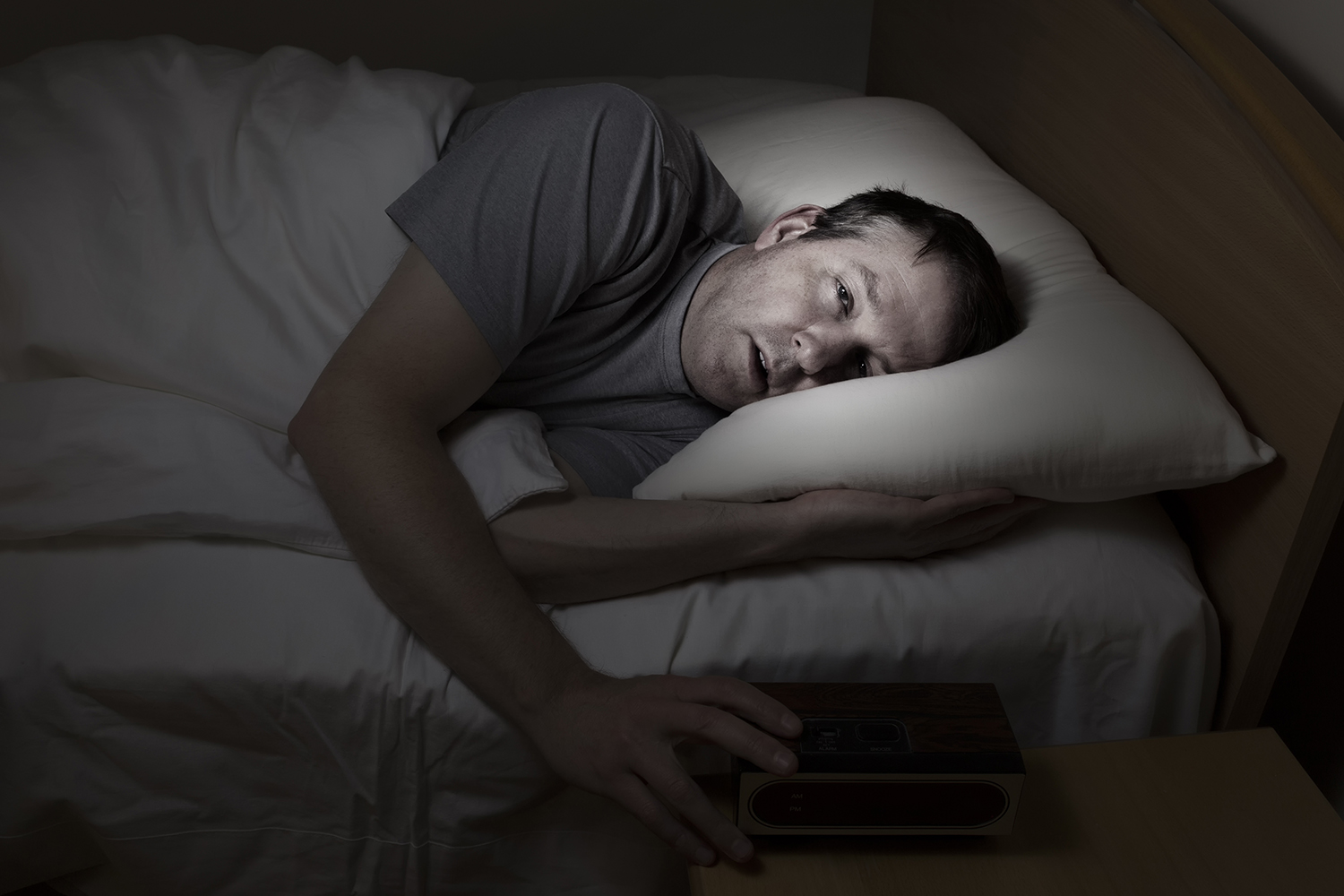 If you find yourself tossing and turning at night, waking up with aches and pains, or feeling restless and fatigued throughout the day, it may be time to consider the
quality
of your
mattress
. Over time,
mattresses
can lose their support and cushioning, causing them to become uncomfortable and less effective in providing a good night's
sleep
.
Other signs that your
mattress
may be affecting your
sleep
include a noticeable sag in the middle, lumps or bumps, and excessive squeaking or creaking noises. If you have had your
mattress
for over 7 years, it may also be time for a replacement, as this is the average lifespan of a
mattress
.
If you find yourself tossing and turning at night, waking up with aches and pains, or feeling restless and fatigued throughout the day, it may be time to consider the
quality
of your
mattress
. Over time,
mattresses
can lose their support and cushioning, causing them to become uncomfortable and less effective in providing a good night's
sleep
.
Other signs that your
mattress
may be affecting your
sleep
include a noticeable sag in the middle, lumps or bumps, and excessive squeaking or creaking noises. If you have had your
mattress
for over 7 years, it may also be time for a replacement, as this is the average lifespan of a
mattress
.
Choosing the Right Mattress for Quality Sleep
 When it comes to
mattresses
, there is no one-size-fits-all solution. The
best mattress
for you will depend on your individual preferences and needs. However, some general guidelines to keep in mind include:
-
Firmness: A
mattress
that is too firm can put pressure on your joints, while a
mattress
that is too soft may not provide enough support. Opt for a
mattress
that is medium-firm for a balance of comfort and support.
-
Material:
Mattresses
come in a variety of materials, from memory foam to innerspring to latex. Consider your sleeping habits and body type when choosing a material that will provide the right level of support and comfort for you.
-
Size: Your
mattress
should be big enough for you and your partner to sleep comfortably without feeling cramped. If you tend to move around a lot in your
sleep
, opt for a larger size to avoid disturbing your partner.
In conclusion, the
quality
and
comfort
of your
mattress
can greatly impact the quality of your
sleep
. So if you find yourself struggling to get a good night's
sleep
, it may be time to consider investing in a new
mattress
that will provide the necessary support and comfort for a restful night's
sleep
.
When it comes to
mattresses
, there is no one-size-fits-all solution. The
best mattress
for you will depend on your individual preferences and needs. However, some general guidelines to keep in mind include:
-
Firmness: A
mattress
that is too firm can put pressure on your joints, while a
mattress
that is too soft may not provide enough support. Opt for a
mattress
that is medium-firm for a balance of comfort and support.
-
Material:
Mattresses
come in a variety of materials, from memory foam to innerspring to latex. Consider your sleeping habits and body type when choosing a material that will provide the right level of support and comfort for you.
-
Size: Your
mattress
should be big enough for you and your partner to sleep comfortably without feeling cramped. If you tend to move around a lot in your
sleep
, opt for a larger size to avoid disturbing your partner.
In conclusion, the
quality
and
comfort
of your
mattress
can greatly impact the quality of your
sleep
. So if you find yourself struggling to get a good night's
sleep
, it may be time to consider investing in a new
mattress
that will provide the necessary support and comfort for a restful night's
sleep
.


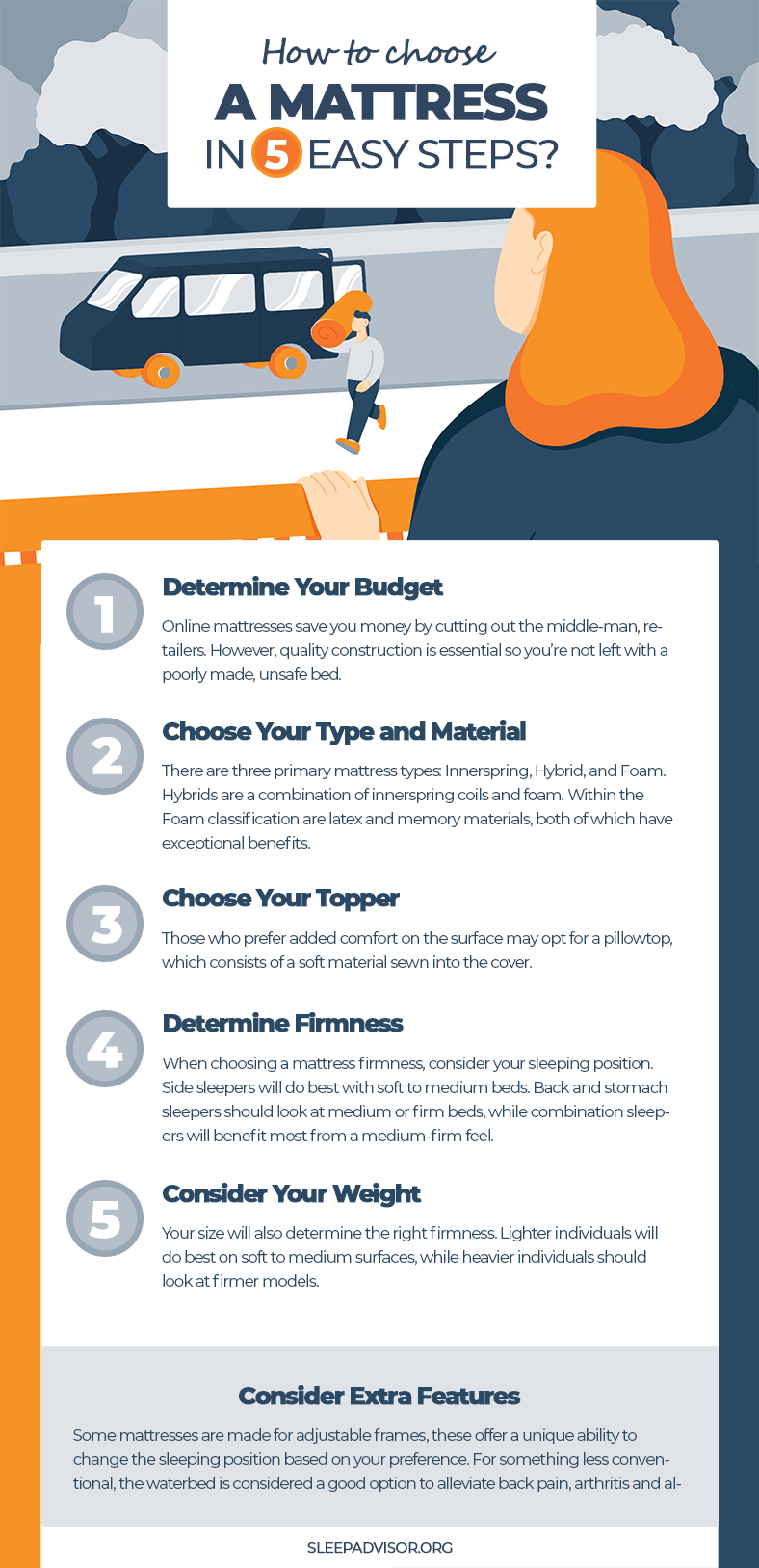


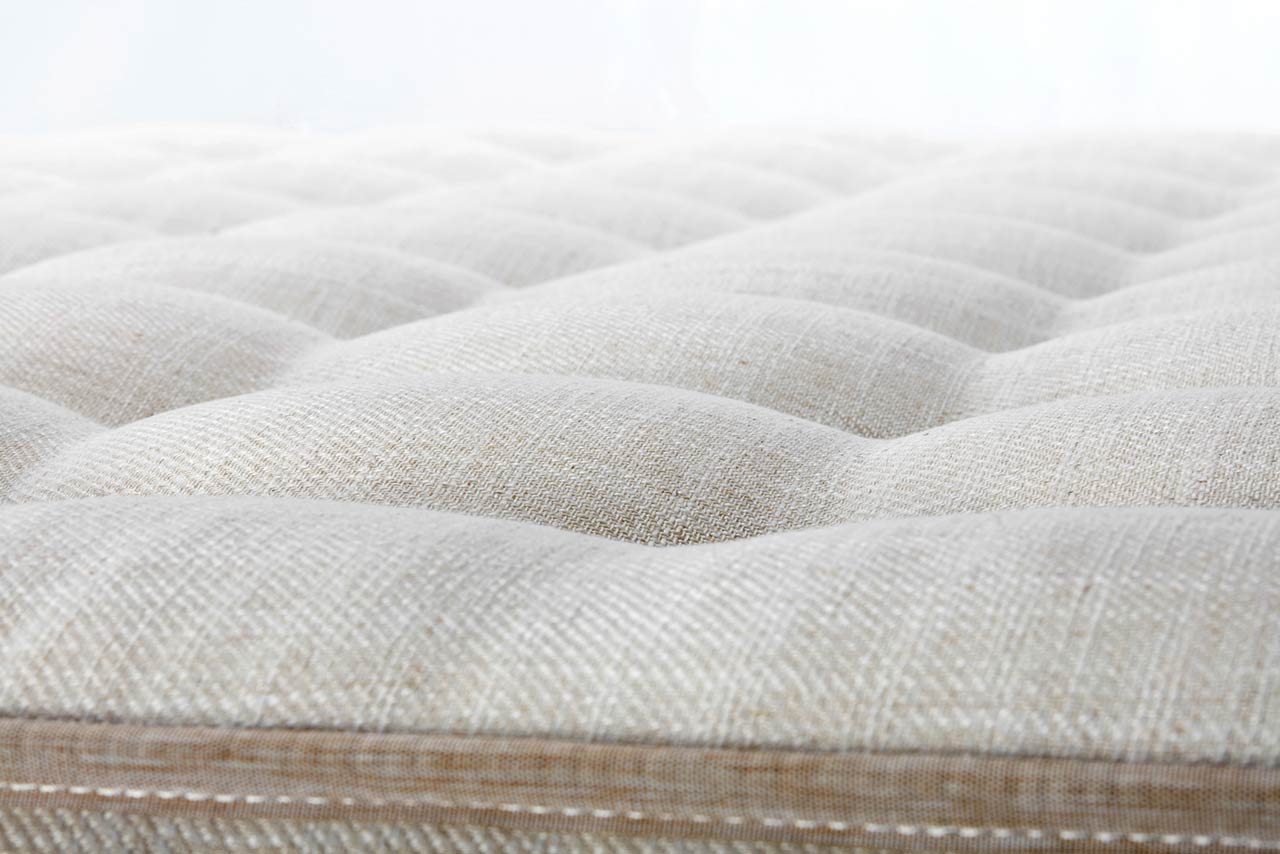

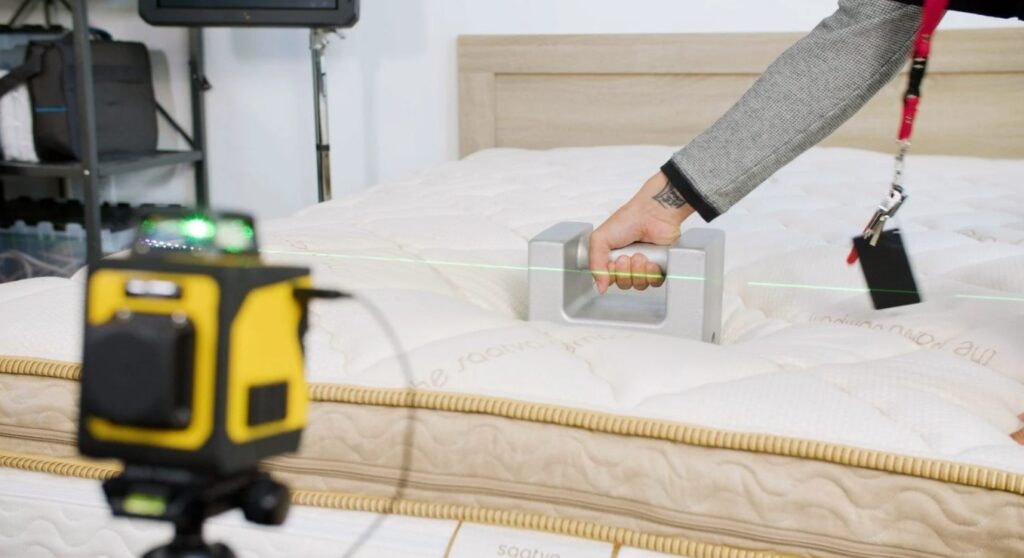
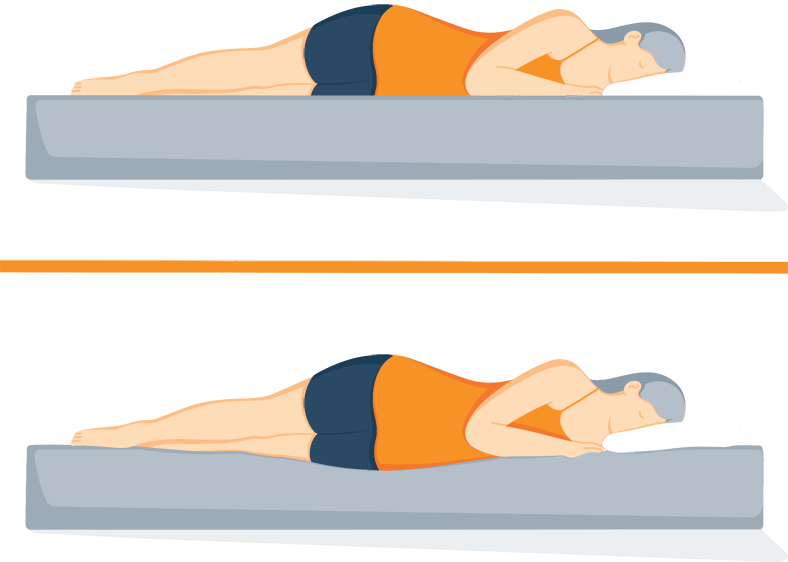
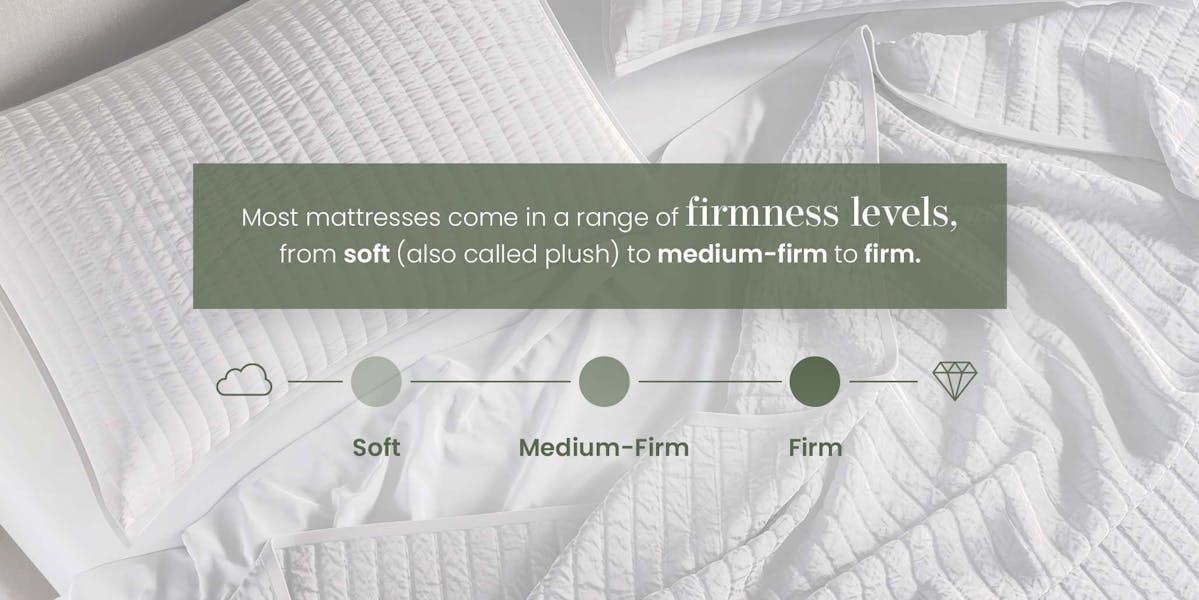

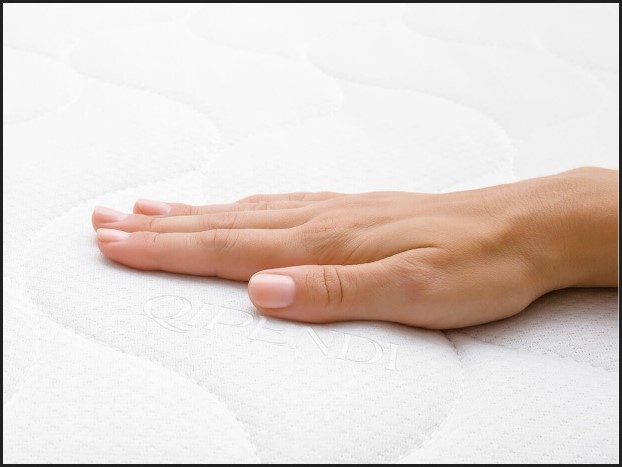
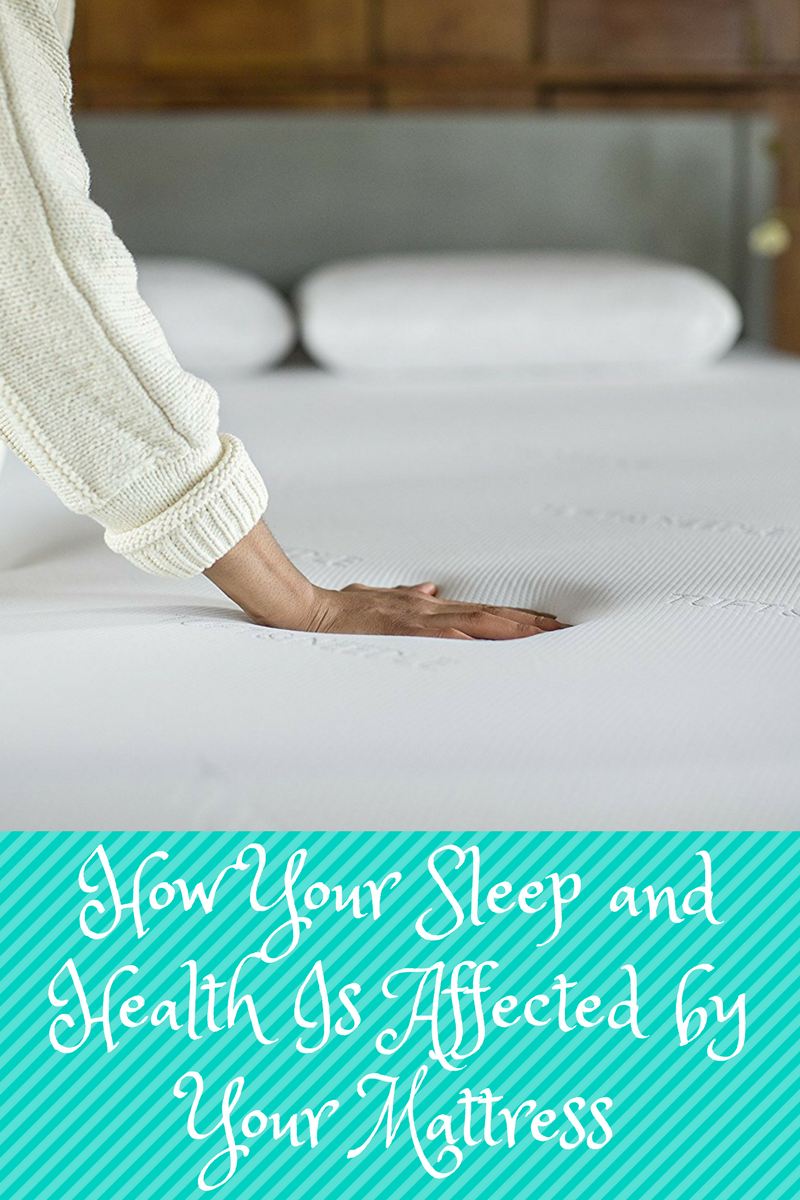





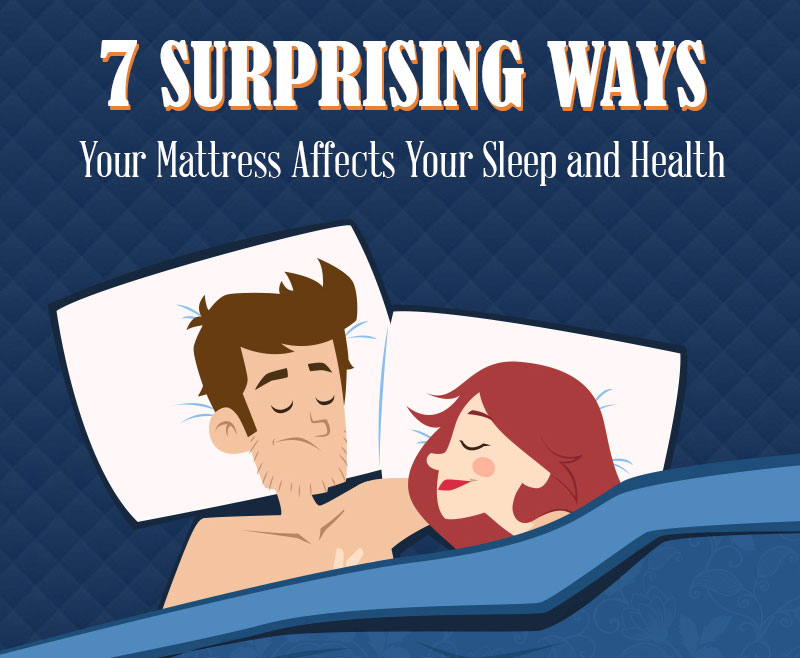




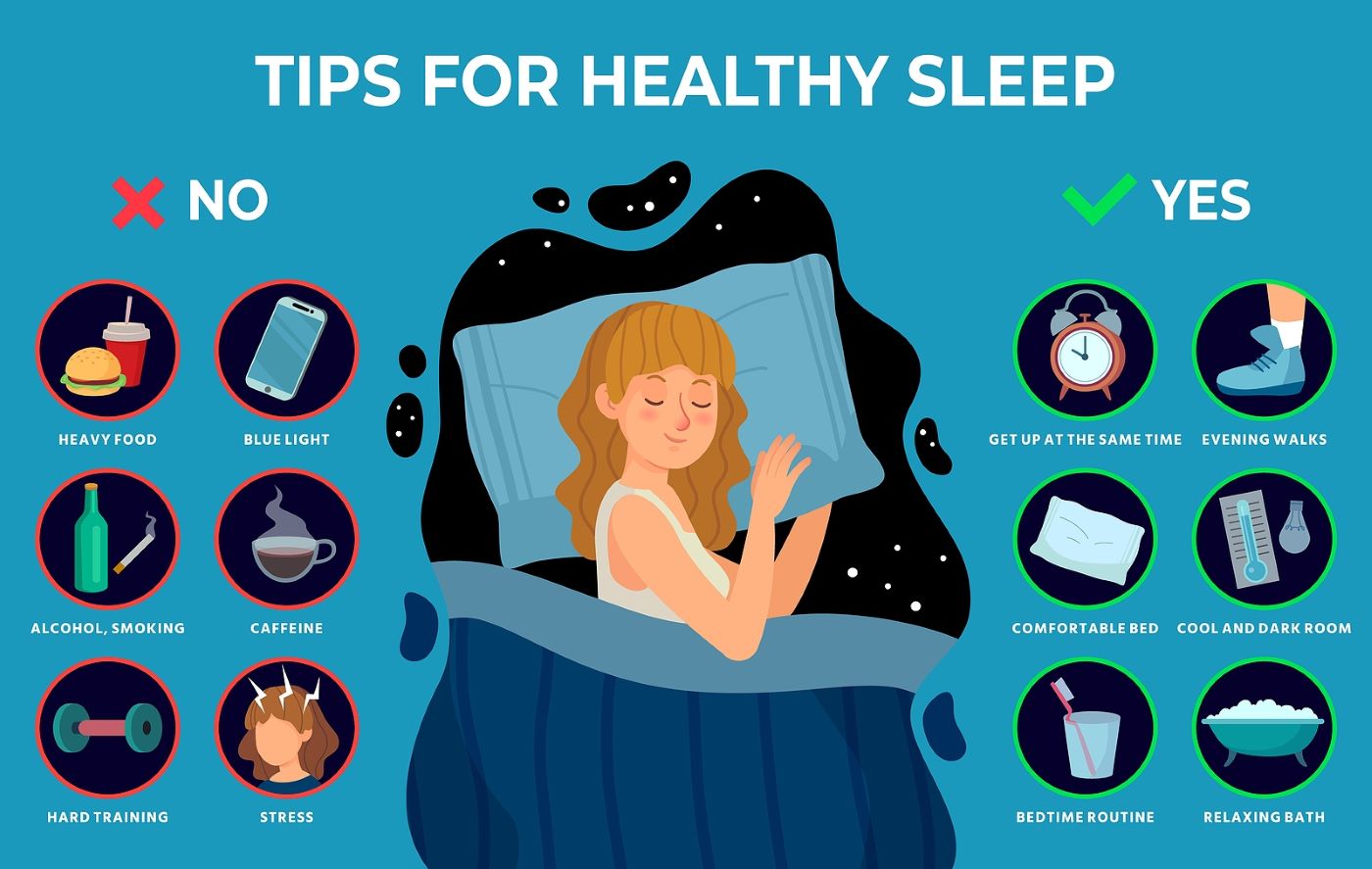





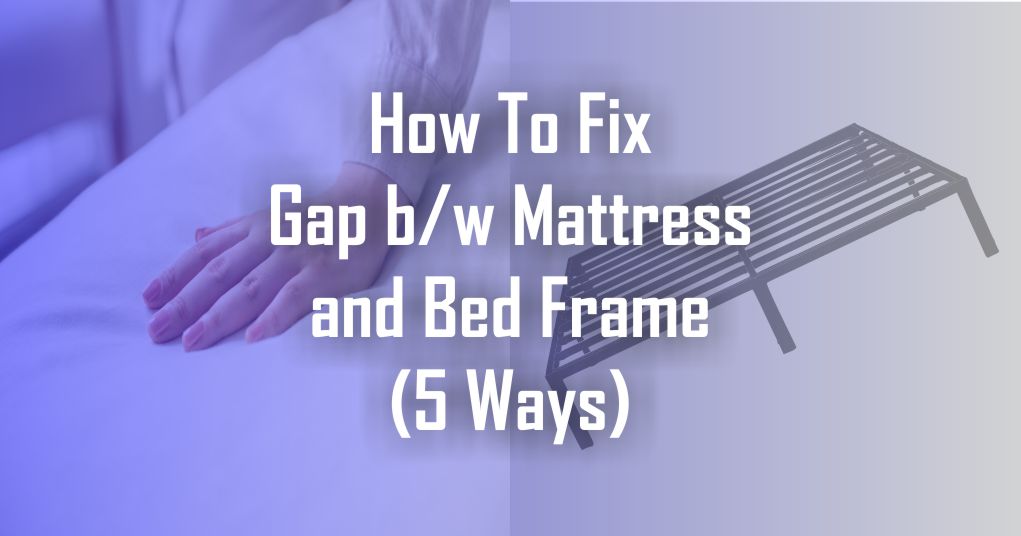


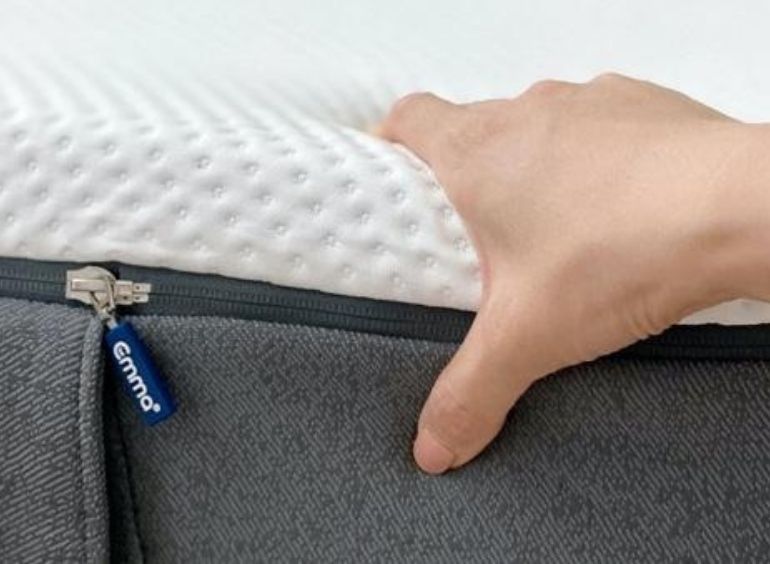




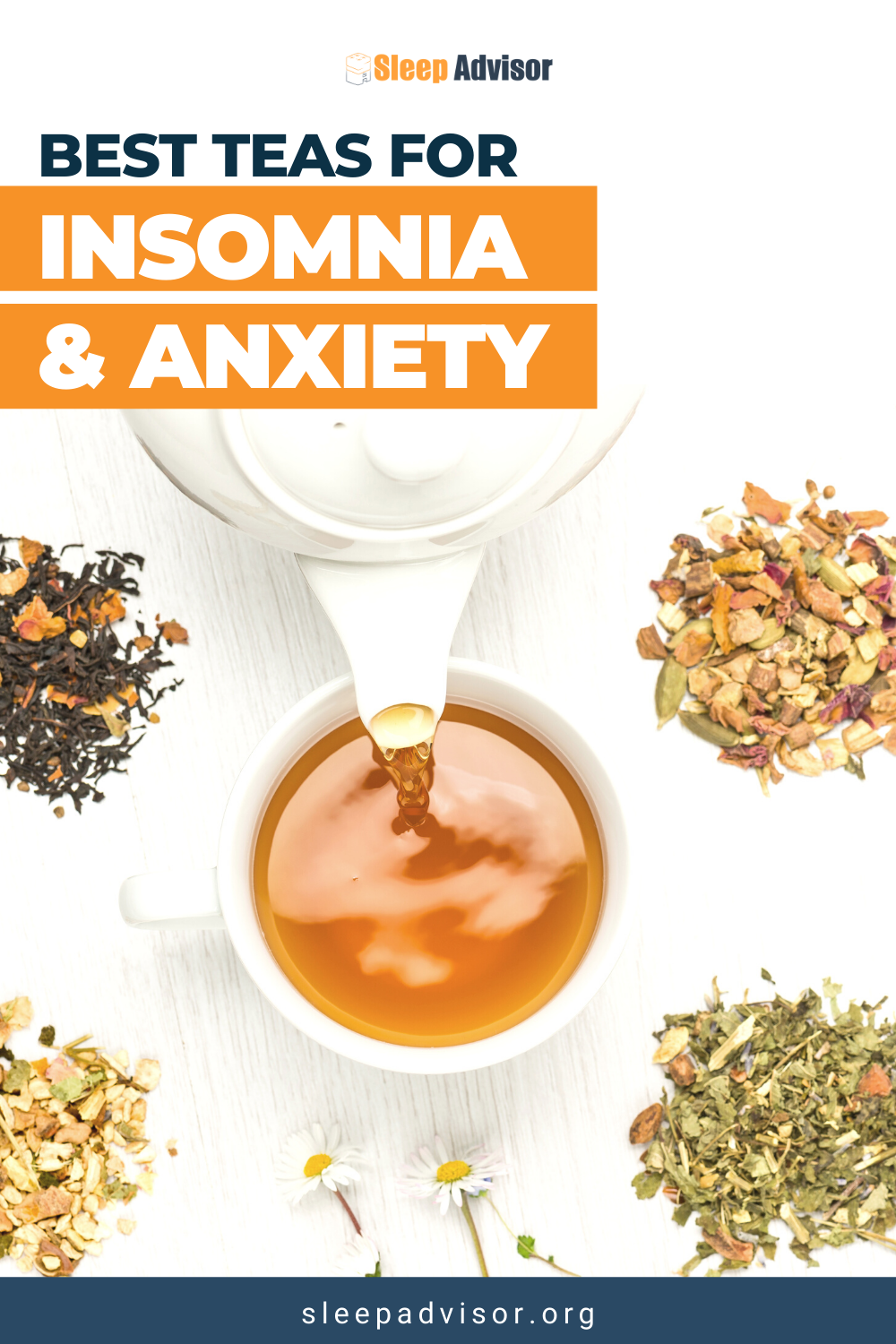





:max_bytes(150000):strip_icc()/__opt__aboutcom__coeus__resources__content_migration__mnn__images__2017__05__woman_insomnia_awake_bed-6f3b5469d12a4fc5af88c5cd447d2dd6.jpg)
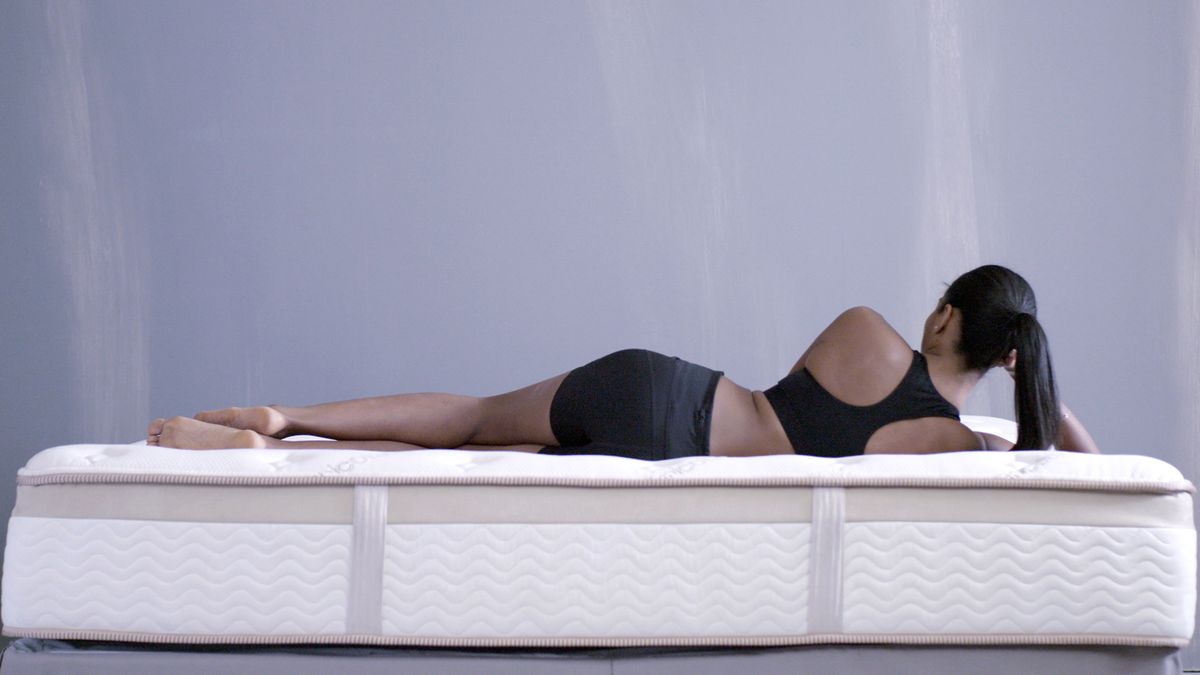







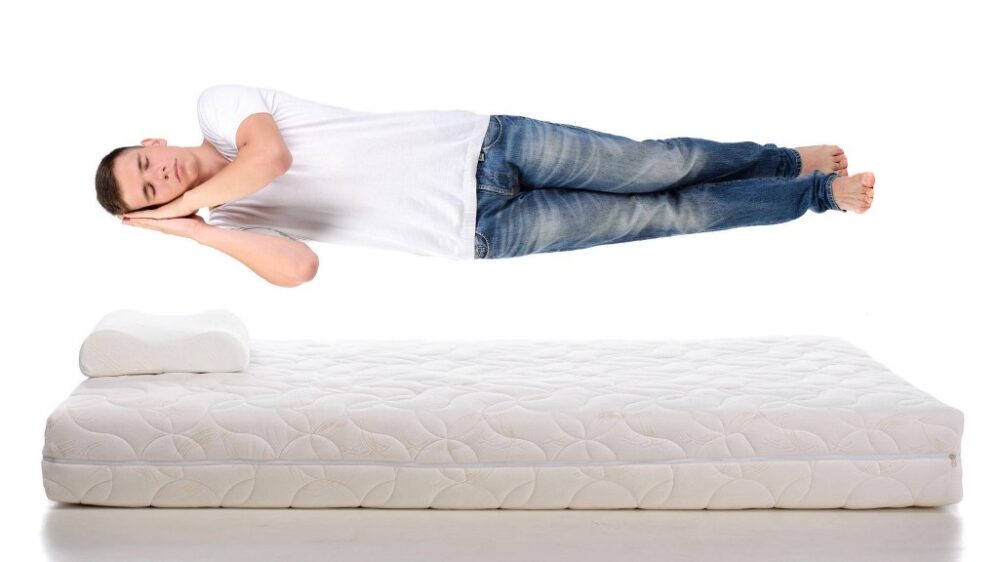












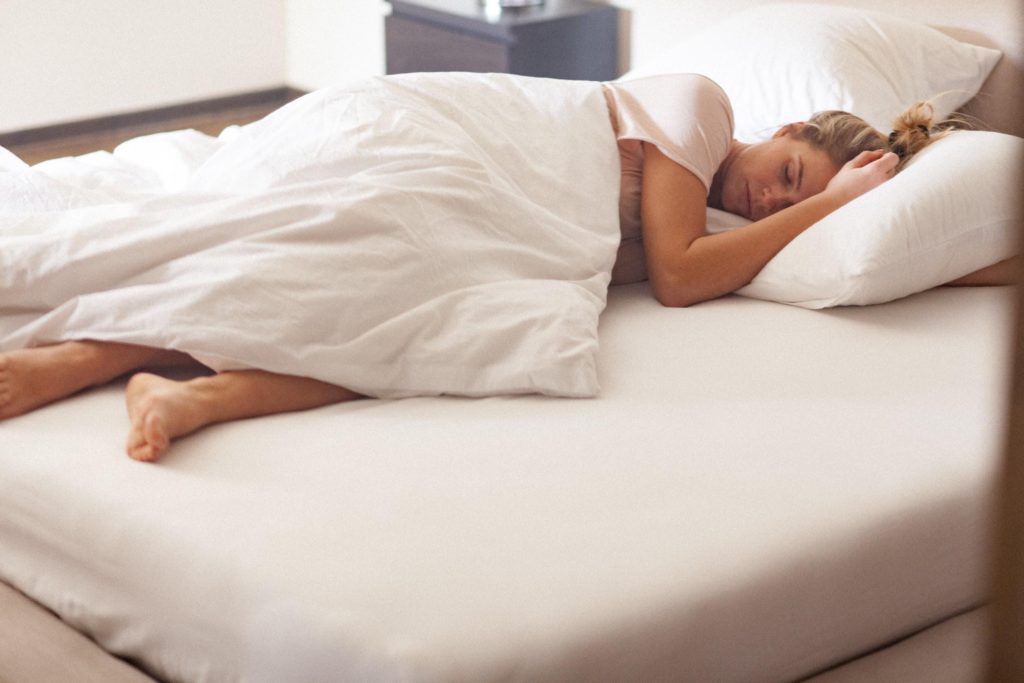








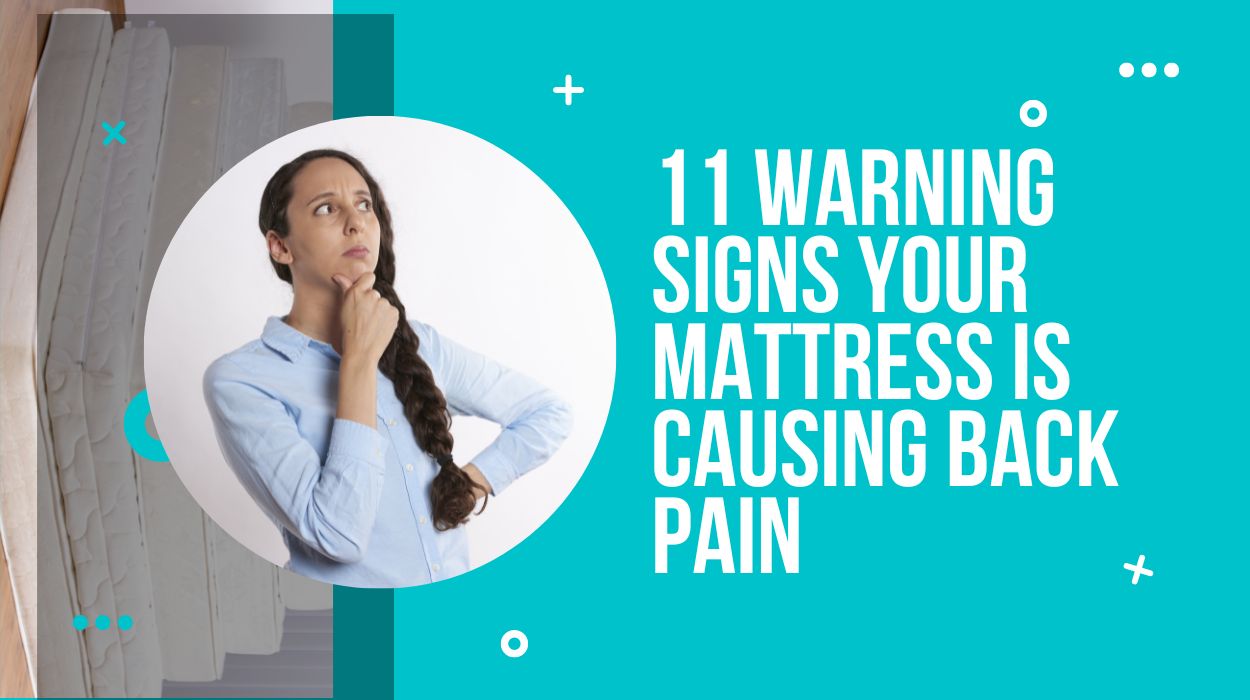
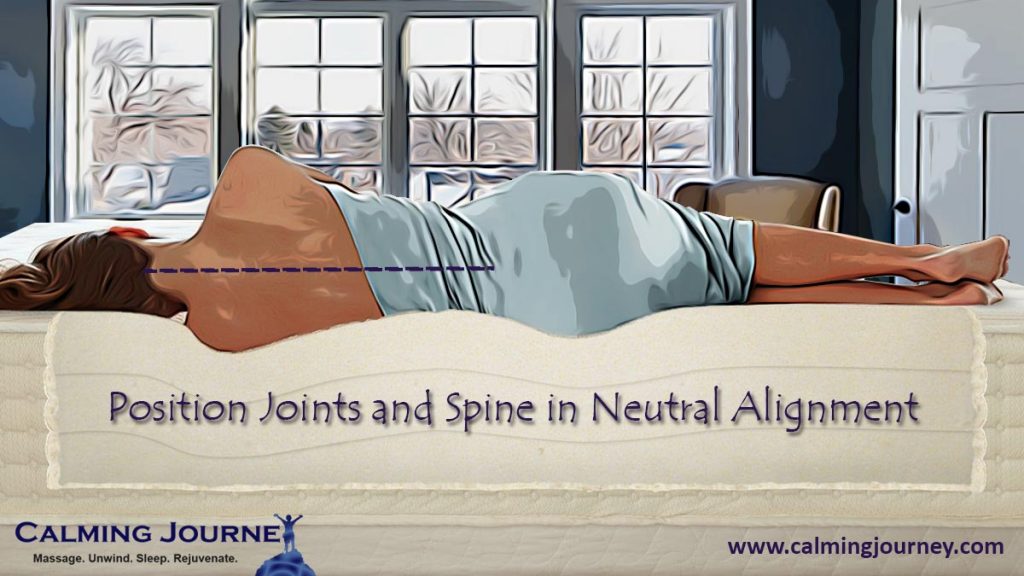


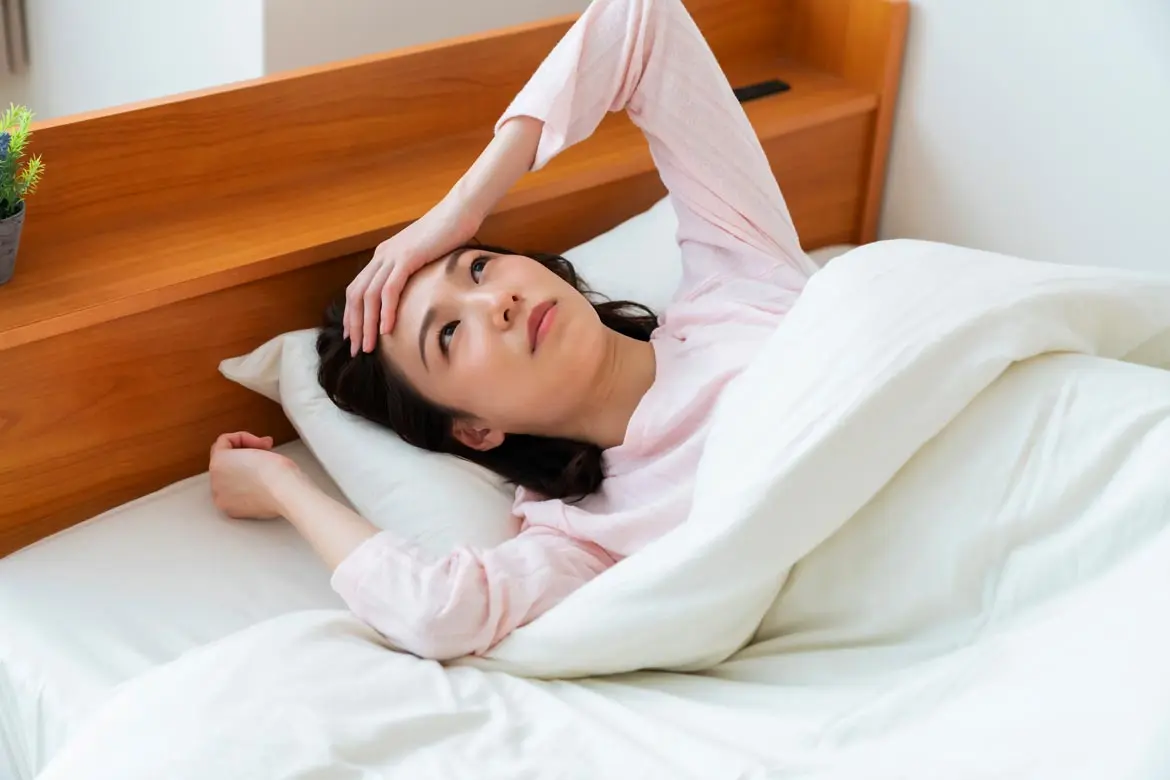
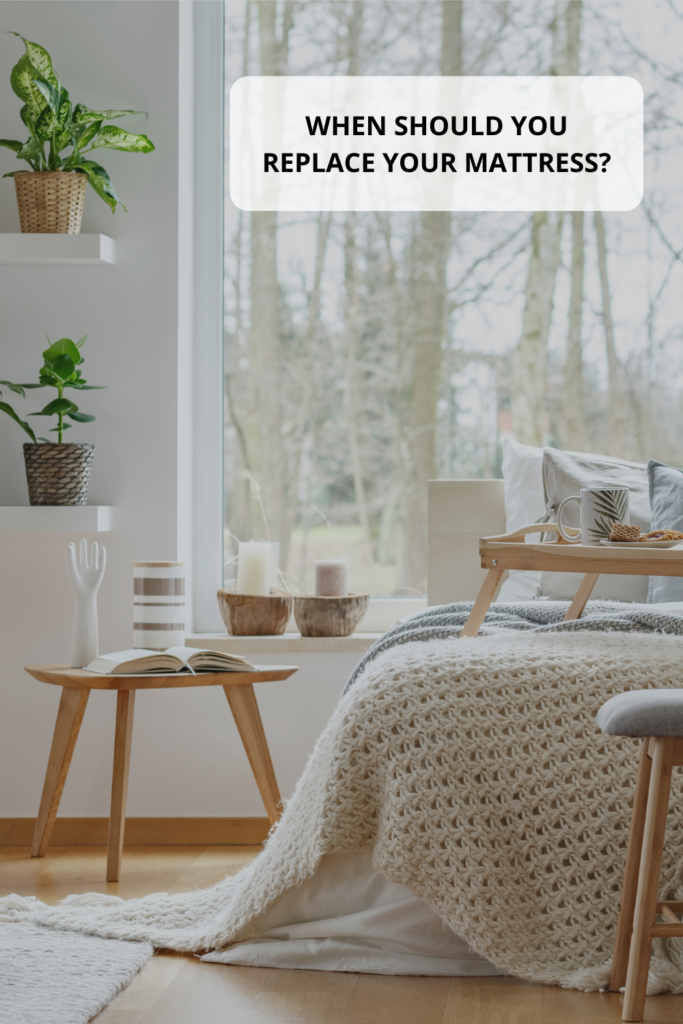



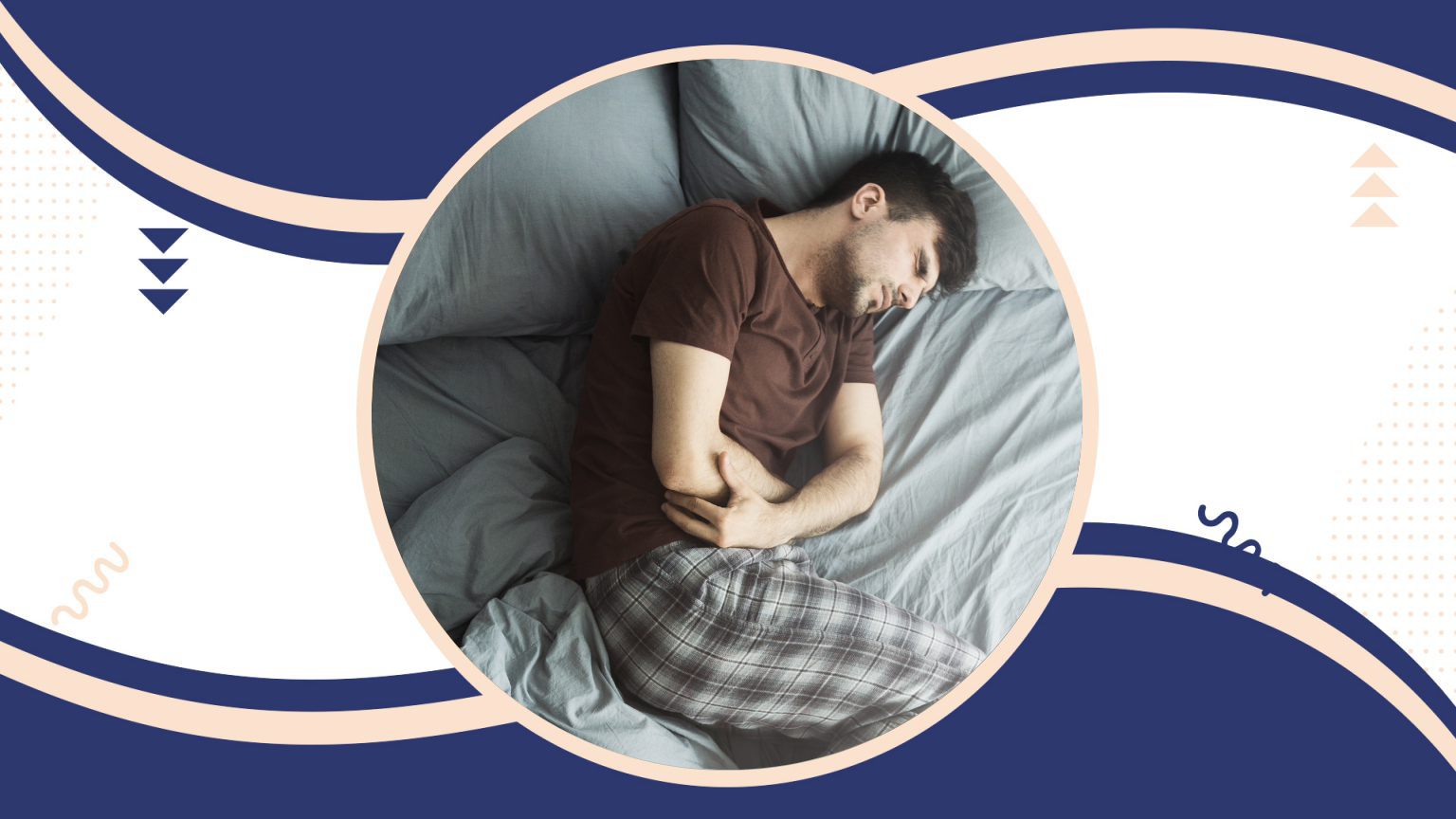







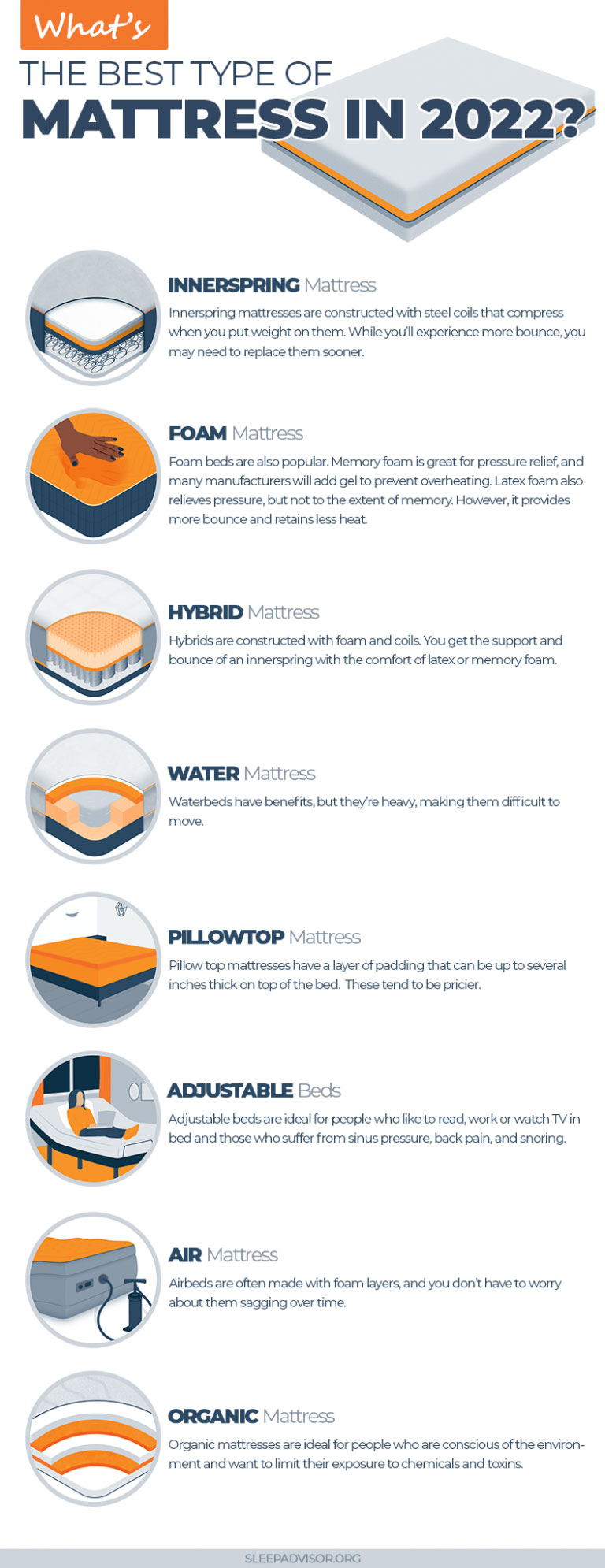




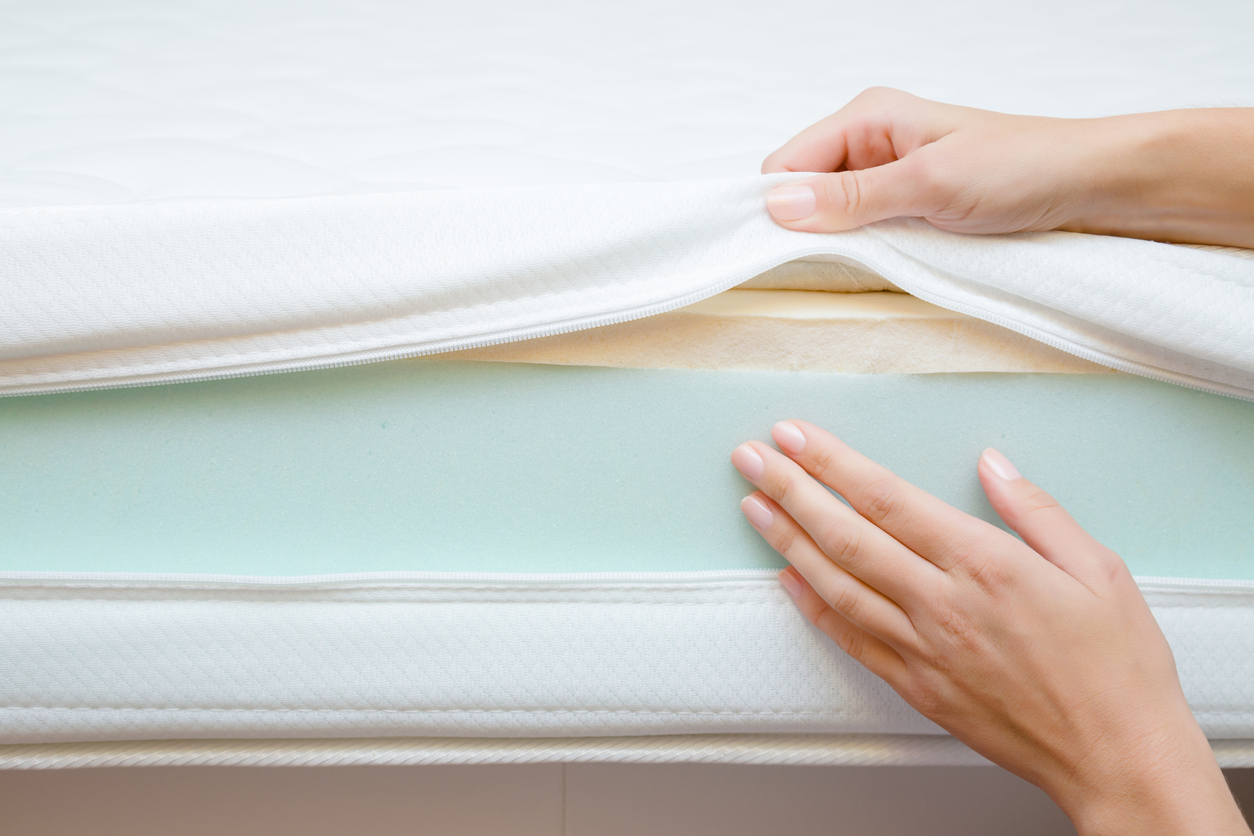
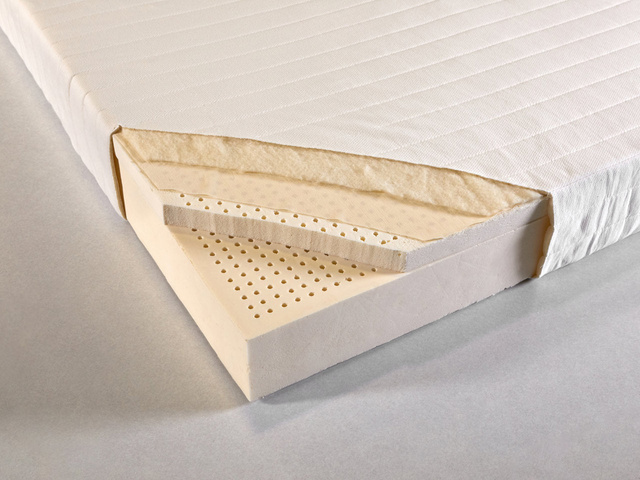


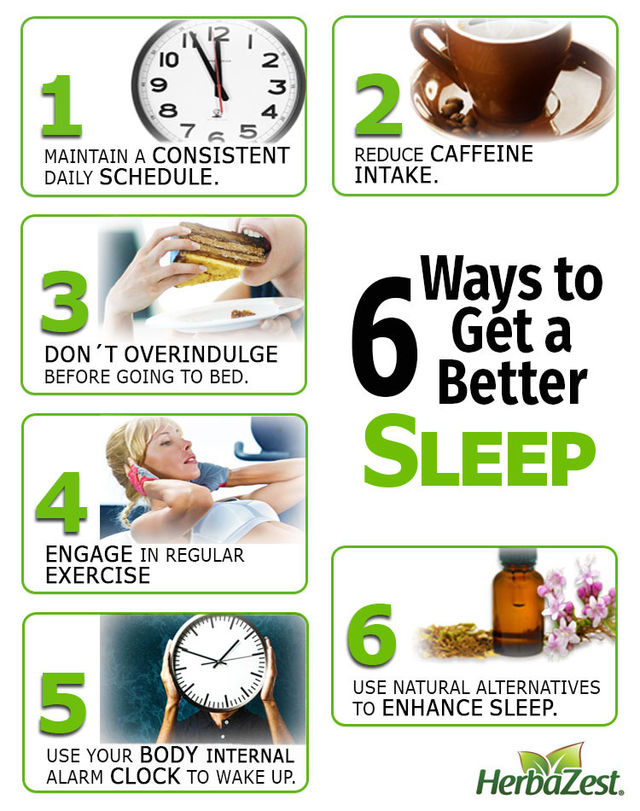

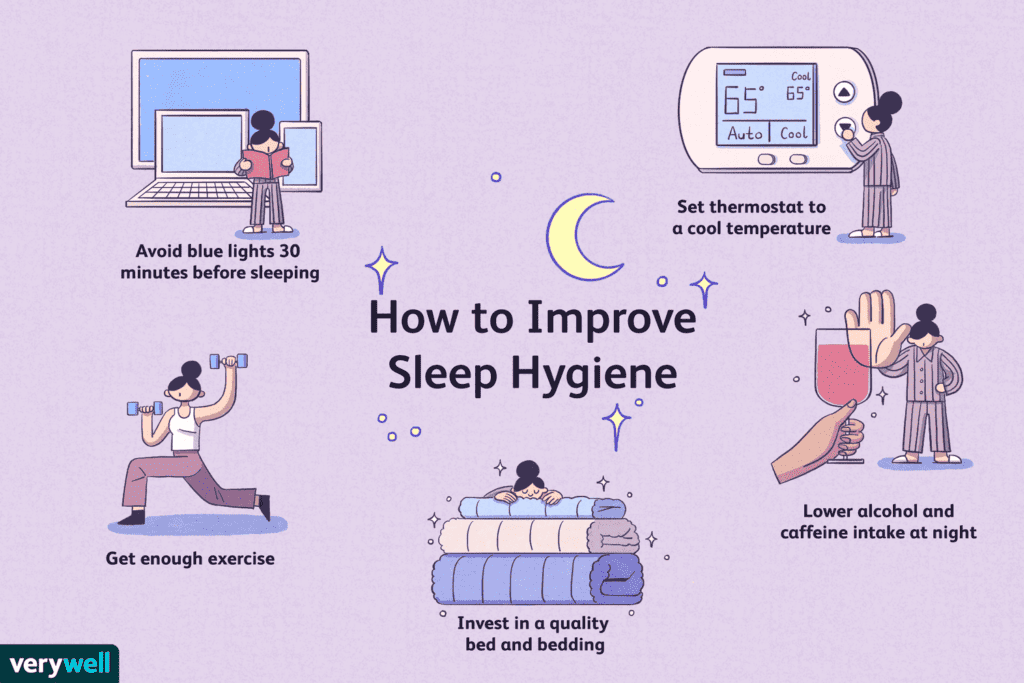
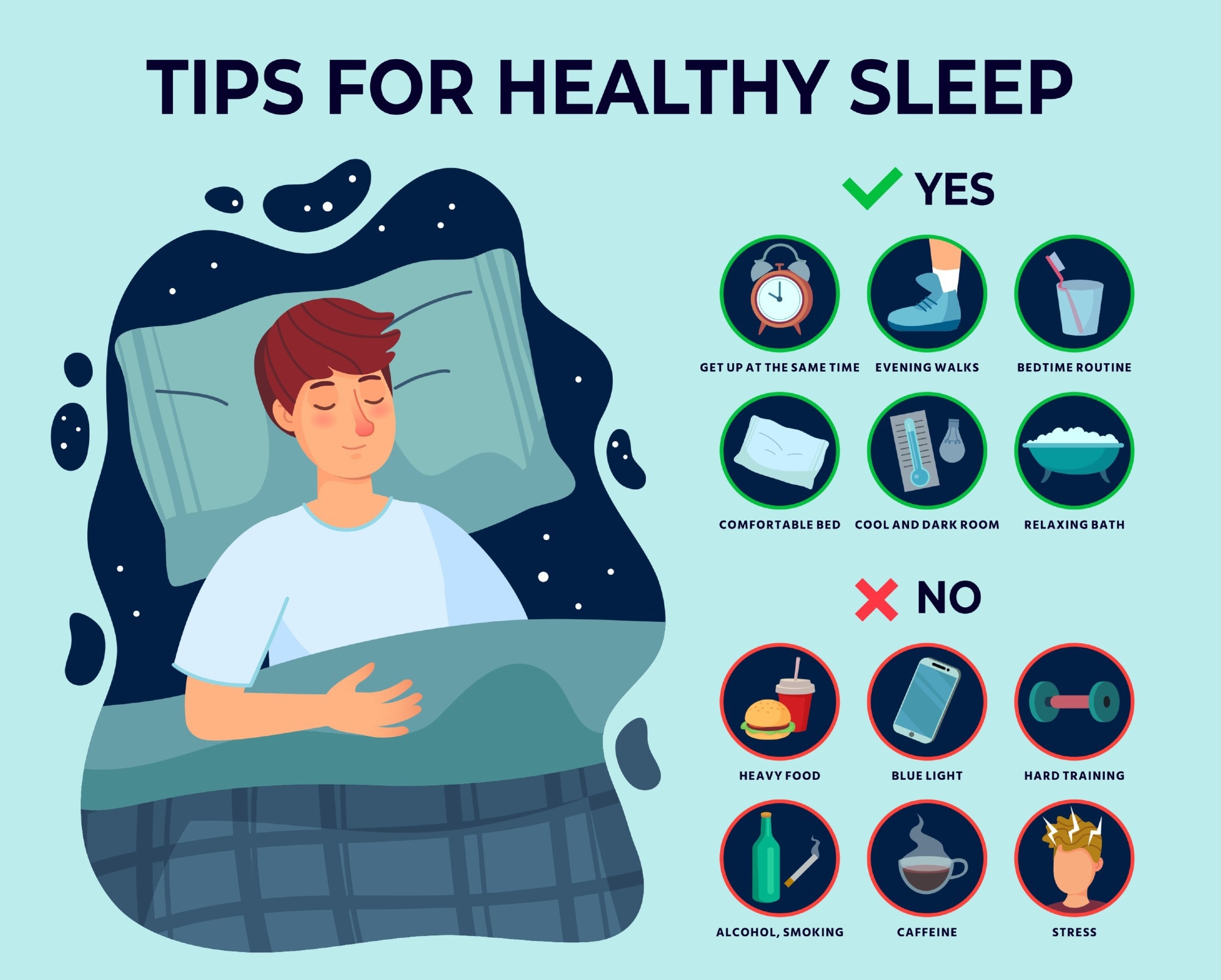
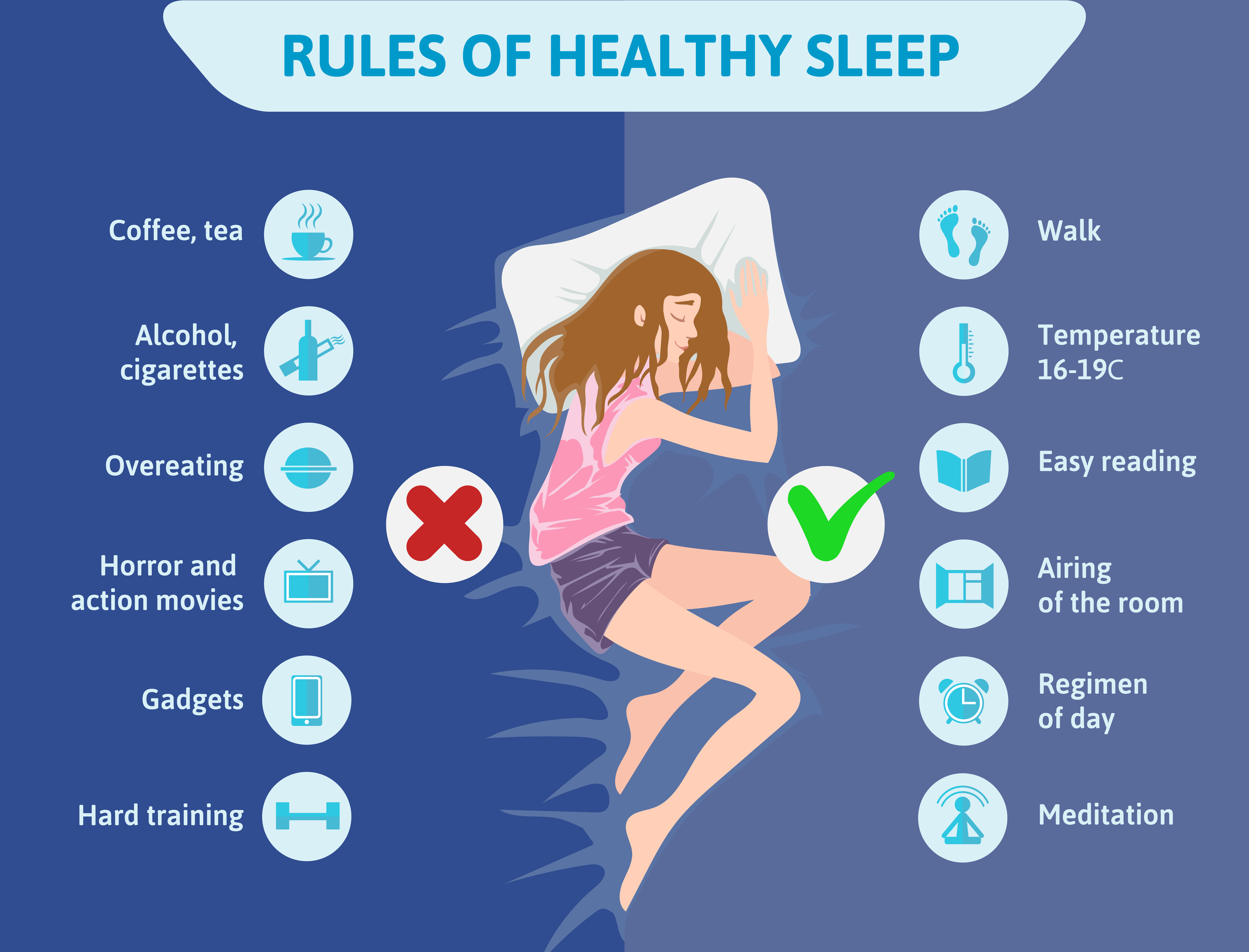

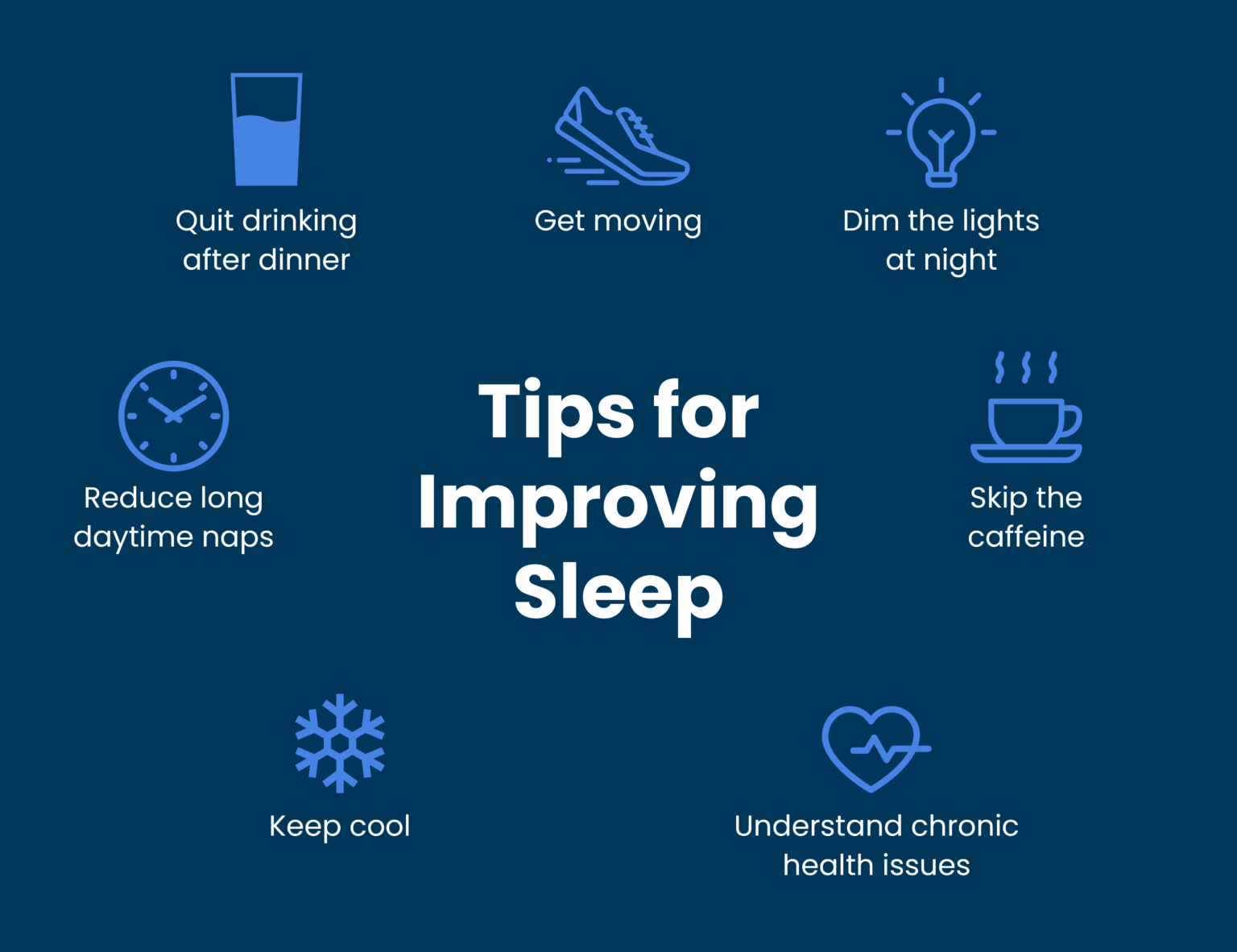
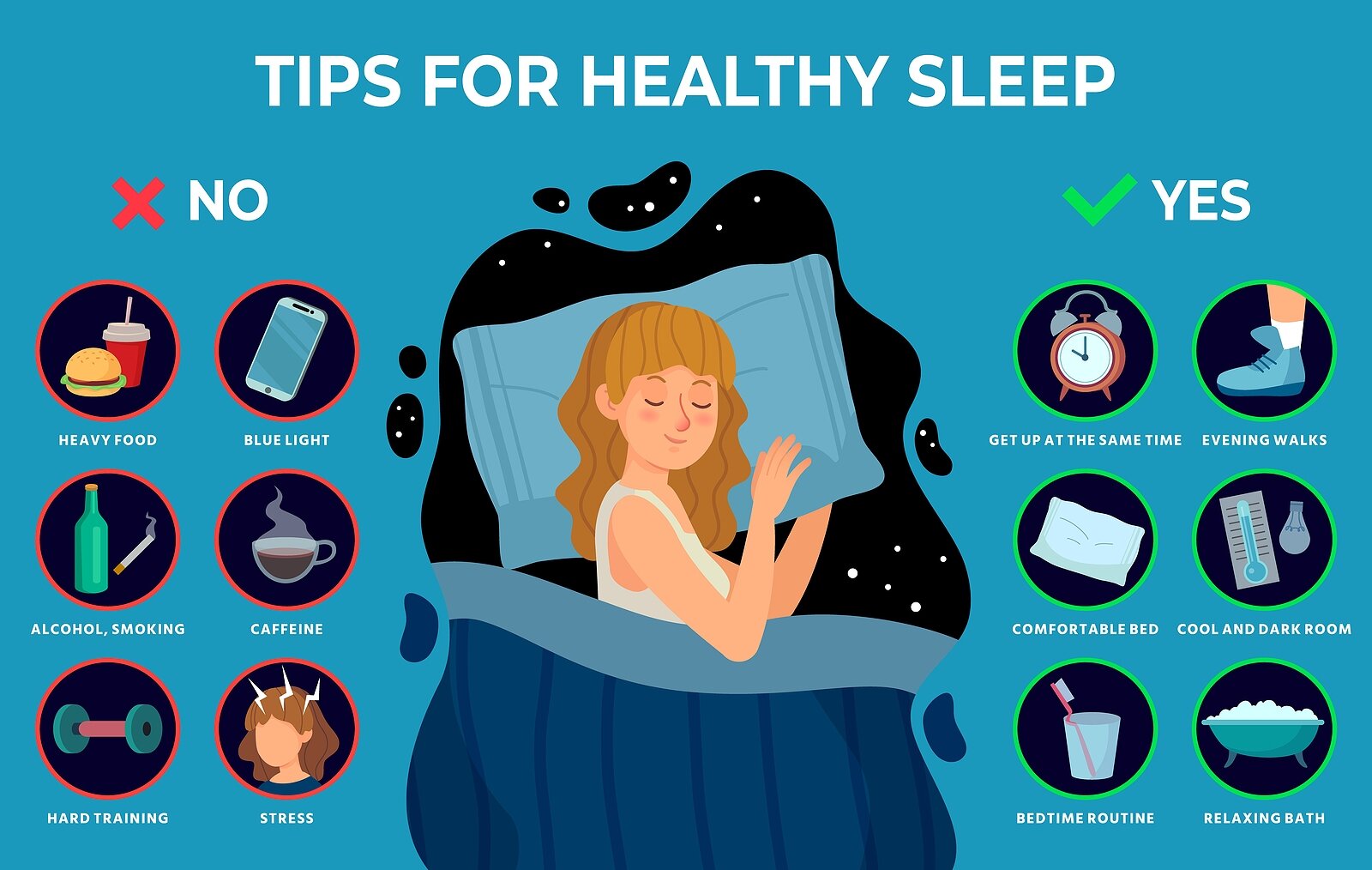
:max_bytes(150000):strip_icc()/how-can-a-night-owl-sleep-better-4173000-5b9f14d046e0fb0025e8faa6.png)

